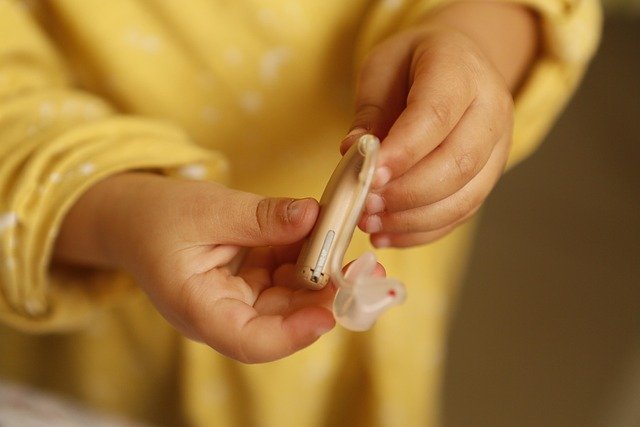Dental Implants: A Comprehensive Guide for Seniors and the Elderly
Dental implants have revolutionized the field of dentistry, offering a permanent solution for missing teeth. For seniors and the elderly, these innovative devices can significantly improve oral health, appearance, and quality of life. This article explores the benefits, procedures, and considerations of dental implants specifically for older adults, providing valuable insights into this advanced dental care option.

Why Are Dental Implants Beneficial for Seniors?
Dental implants offer numerous advantages for older adults. They help preserve facial structure by preventing bone loss in the jaw, which often occurs after tooth loss. This preservation of bone can maintain a more youthful appearance and prevent the sunken look associated with long-term denture use. Additionally, implants restore near-natural biting and chewing ability, allowing seniors to enjoy a varied diet essential for proper nutrition. Unlike removable dentures, implants are fixed in place, eliminating concerns about slippage or discomfort during eating or speaking.
Are Seniors Good Candidates for Dental Implants?
Age itself is not a determining factor for dental implant candidacy. Many seniors in good overall health are excellent candidates for the procedure. However, certain factors require consideration. Adequate bone density is crucial for implant success, and some older adults may need bone grafting to ensure sufficient support. Chronic conditions like diabetes or heart disease, common in the elderly, may affect healing but don’t necessarily preclude implant treatment. A thorough evaluation by a dental professional is essential to determine individual suitability for implants.
What Special Considerations Exist for Elderly Patients?
When considering dental implants for elderly patients, several factors come into play. The healing process may be slower in older adults, requiring extended recovery time between implant placement and final restoration. Medication use, particularly blood thinners or certain osteoporosis drugs, may impact the implant procedure and healing. Additionally, mobility issues or cognitive decline might affect a patient’s ability to maintain proper oral hygiene, which is crucial for implant longevity. Dentists often work closely with patients’ primary care physicians to ensure comprehensive care and address any potential complications.
How Do Dental Implants Compare to Traditional Dentures?
While traditional dentures have been a standard solution for tooth loss, dental implants offer several advantages for seniors. Implants provide superior stability, eliminating the need for adhesives and reducing the risk of embarrassing slips. They also preserve jawbone integrity, whereas dentures can lead to bone resorption over time. Implant-supported teeth allow for more natural speech and improved taste sensation compared to full dentures that cover the palate. However, the choice between implants and dentures depends on individual health, preferences, and financial considerations.
What Are the Costs and Insurance Considerations for Seniors?
| Treatment Option | Average Cost Range | Potential Insurance Coverage |
|---|---|---|
| Single Tooth Implant | $3,000 - $4,500 | Partial coverage possible |
| Full Mouth Implants | $20,000 - $45,000 | Limited coverage, varies by plan |
| Traditional Dentures | $1,000 - $3,000 | Often partially covered |
| Implant-Supported Dentures | $5,000 - $15,000 | Partial coverage, varies widely |
Prices, rates, or cost estimates mentioned in this article are based on the latest available information but may change over time. Independent research is advised before making financial decisions.
The cost of dental implants can be significant, especially for seniors on fixed incomes. While traditional dentures are generally less expensive upfront, implants may offer better long-term value due to their durability and lower maintenance needs. Many dental insurance plans offer limited coverage for implants, often considering them a cosmetic procedure. However, some plans are beginning to recognize the medical necessity of implants, particularly in cases where tooth loss affects overall health. Seniors should carefully review their insurance policies and discuss payment options with their dental providers. Some dentists offer financing plans or discounts for older patients to make implants more accessible.
In conclusion, dental implants present a valuable option for seniors seeking to restore their smiles and improve their quality of life. While considerations such as overall health, bone density, and cost must be carefully weighed, the benefits of implants often outweigh the challenges for many older adults. As dental technology continues to advance, implants are becoming an increasingly viable and attractive solution for elderly patients facing tooth loss. Consulting with a qualified dental professional is the best way to determine if dental implants are the right choice for individual senior patients.
This article is for informational purposes only and should not be considered medical advice. Please consult a qualified healthcare professional for personalized guidance and treatment.






